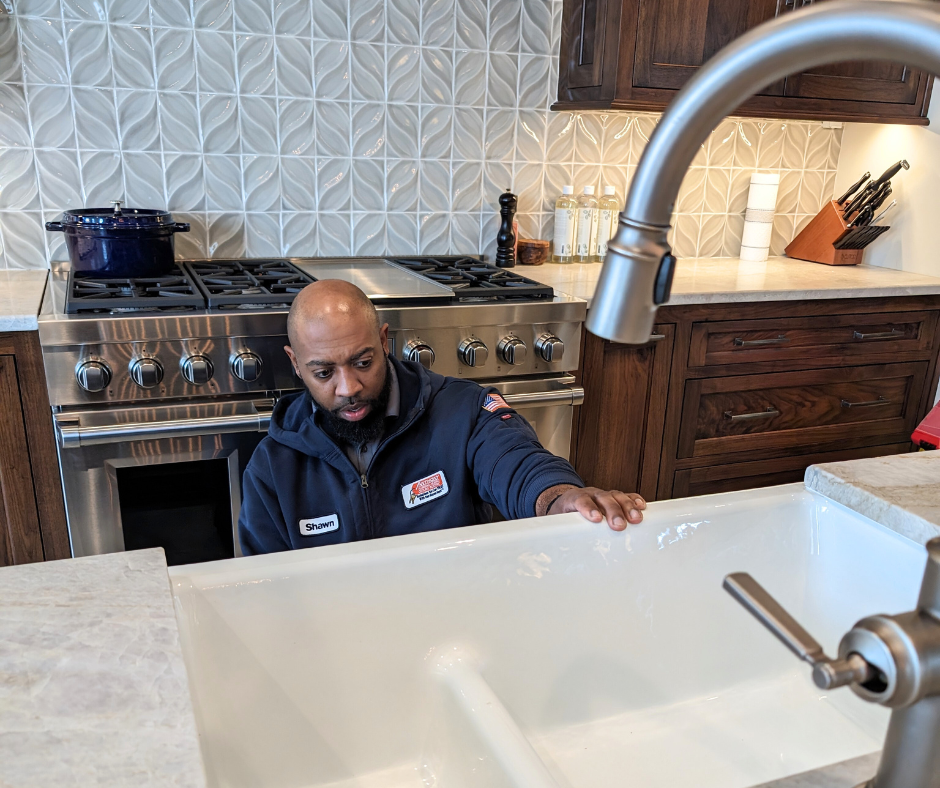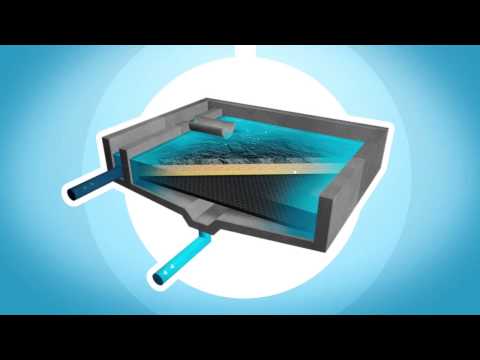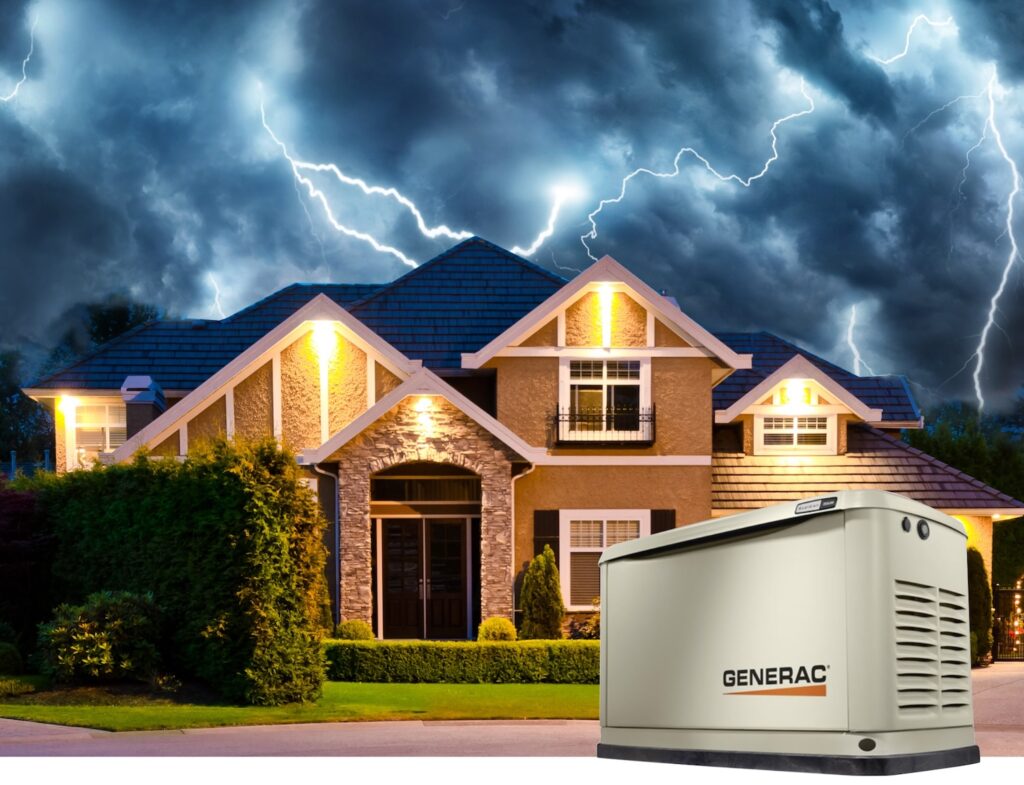BLOG
Perks of a Water Filtration System

Typical well water is at high risk of contaminants such as bacteria/parasites, lead, and sediment.
The first decision you’ll need to make when installing a water filtration system is whether you want one filter to serve the whole house or to install one in select water dispensers. There are pros and cons to both options...
Individual water filters are cheaper if you just want to filter a couple water dispensers as opposed to the whole house. The downside, though, is that only certain sinks or showers will have filtered water and you will have to replace multiple filters every month.
When you filter the whole house, it will cost more to install but will save you more in the long-run. Plus, only one system will need to be installed to cover the whole house, instead of one at various water dispensers.
For a whole-house system, reverse osmosis is used. Reverse osmosis is much too complicated to use on only one point of contact so, there are many other smaller options that can fit under your sink, known as aeration methods.
- Reverse osmosis: removes bacteria from the water with water pressure
- Aeration methods
- Spray aerator: uses less water than a normal faucet
-
- Bubble aerator: pushes water through an air compressor and then the bubbles release oxygen when they reconnect with the water
-
- Packed tower aerator: separates water from all contaminants such as water fuel, solvents, ammonia, hydrogen sulfide and carbon dioxide using a packed column and air pressure.
Health Benefits of Well Water
Aside from the obvious benefits of well water such as its natural state, great taste, environmental friendliness, and purity, there are a few unexpected perks:
- Weight loss: Drinking water helps you feel full. Well water tastes cleaner than normal water so you’ll want to drink even more!
- Helps maintain a healthy heart: Research says that drinking enough water every day can lower your risk of a heart attack
- Enhances brain function: Staying hydrated will help you think more clearly
- Promotes healthier skin: A hydrated body will lead to glowing skin because water helps rid the body of toxins
- Reduces muscle and joint inflammation: Water increases lubrication of the joints which reduces inflammation
Non-Health Benefits of Well Water
- No more water bills! Of course, you have to buy the water filtration system, but this cost is a fraction of a typical monthly water bill. Paying a monthly water bill doesn’t guarantee the health benefits of well water, either.
- No water main breaks! If you’ve ever been frustrated by not having water for hours, or even days, it’s time to consider well water. You don’t run the risk of having to boil your water or mess with your local utility department.
- Peace of mind! No more wondering what chemicals are in your water or how long it’s been sitting in a pipe. You know exactly where your water is coming from: right below your house!
Why Should I Install a Water Filtration System?
It adds chlorine to the water which kills bacteria. Chlorine works the same in your water filtration system as it does in a pool, but is best to have the water tested by a plumbing professional so that you don’t overload the water with chlorine.
Most well-water filtration systems include pH neutralizers. These are important to balance the acidity of the water and make it safe and healthy to drink.
Using unfiltered well water can harm your pipes and your body.
Unfiltered well water is riddled with bacteria and other contaminants that can build up in your pipes and attack your immune system. Even people who drink tap water that doesn’t come from a well are at risk. It has been found that 85% of the population’s tap water is laced with over 300 contaminants.
The problem is, there are beneficial minerals (calcium, magnesium, and potassium) in your tap water, too. It’s important to ensure that your water filters are not stripping the water of those. When shopping for a filter, this is a key quality to look for. Find one that will remove the bad stuff and leave the good.
If you’re opting for the single-faucet placement, consider placing a filter in your shower. When you shower, don’t you want to feel clean afterward? Nobody wants to “clean” themselves while being doused by chemicals and other contaminants that could cause water-borne illnesses. Again, though, it’s important to leave the good minerals to keep your skin and hair healthy.
How Do I Soften My Well Water?
There are a few different components that go into softening your home’s water. You can simply pick one or a few but, for the best results, utilize all of these different parts.
- Sediment filter: reduce sediment from building up in your pipes but do not remove chemicals or other contaminants.
- Chlorinator: gradually dispenses chlorine into the water to kill bacteria
- Activated carbon filter: uses a bed of activated carbon to remove contaminants and impurities, using chemical adsorption.
- Resin filter: hard water passes through many charged sodium ions and softens. These are not used in drinking water, though, because the sodium would exceed the legal amount of sodium allowed in the water.
- Ultraviolet lamp: The wavelength of the UV (AKA Germicidal Spectrum) rays break apart the DNA of the microorganisms found in the well water. When their DNA is changed, they’re no longer able to function or reproduce.
- Reverse osmosis: force water through the system with water pressure and create water “waste” after filtering. Typically the most expensive option because it uses multiple filters for the whole process.
There is no right answer for a filtration system. It’s all about what’s right for you.
Call Anthony Plumbing, Heating & Cooling
A qualified plumbing professional can best make the assessment of whether a sump pump system needs to be repaired or replaced and when, and our plumbers are trained to do just that. Anthony stocks both sump pumps and battery backup sump pumps on all trucks to be available whenever you need them.
So don’t hesitate to contact us at A-N-T-H-O-N-Y (KS or MO) or schedule a visit.
Check your homeowners insurance as well – not all insurance adequately covers damaged valuables or the costly repairs necessary to undo water damage and the mold growth that occurs afterward. When it comes to indoor flood prevention, one cannot be too careful.
Past related blogs:
https://anthonyphc.com/blog/sump-pump-tip/
https://anthonyphc.com/blog/sump-pumps-get-a-workout/
https://anthonyphc.com/plumbing/sump-pumps/
https://anthonyphc.com/blog/sump-pumps-a-disaster-waiting-to-happen/




